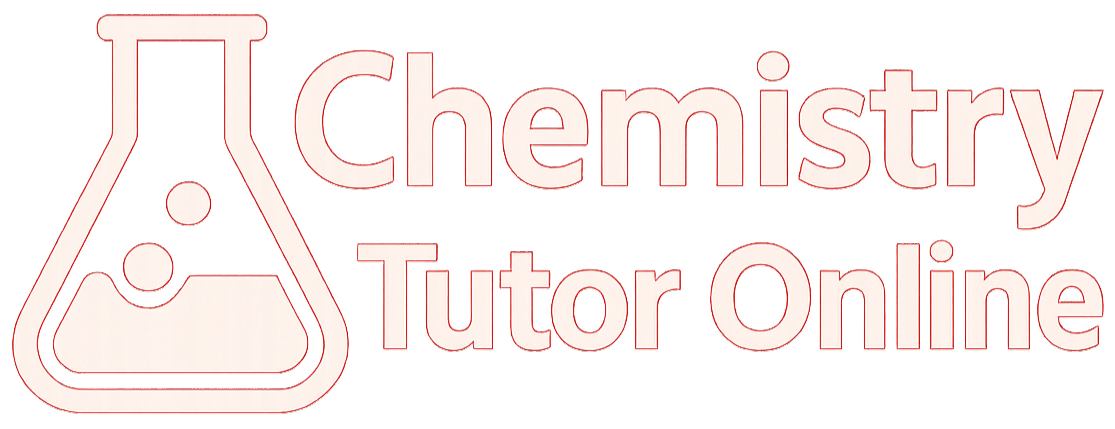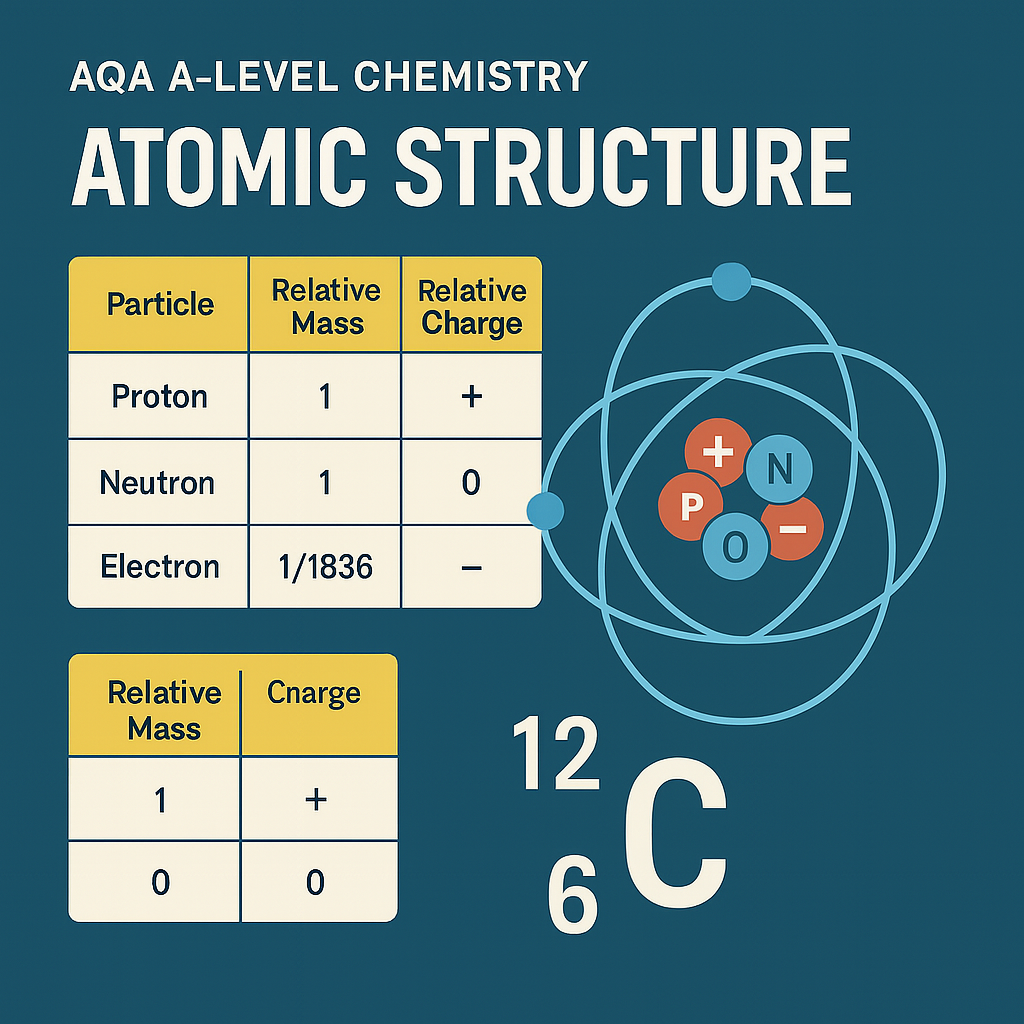Using Self-Evaluation to Review Progress in Chemistry
Self-evaluation isn’t about beating yourself up. It’s about being real with yourself—so you can study smarter, not harder.
When it comes to mastering Chemistry, reviewing your progress regularly is just as important as learning new content. But here’s the catch: many students rely solely on test results or teacher feedback to gauge how they’re doing. While these are useful, one powerful tool often gets overlooked—self-evaluation.
Whether you're preparing for your GCSEs, A-Levels, or IB Chemistry exams, developing the ability to assess your own understanding can transform how effectively you study.
What Is Self-Evaluation?
Self-evaluation is the process of actively reflecting on your own learning to identify:
What you understand well
Where your knowledge is patchy
Which exam skills need sharpening
How effective your study methods are
It’s not about being overly critical—it’s about being honest, strategic, and growth-focused.
Why Self-Evaluation Matters in Chemistry
Chemistry can feel like a mountain of equations, mechanisms, and abstract concepts. Without a clear sense of what you actually know, it's easy to fall into passive revision (hello, re-reading notes for the third time…).
Self-evaluation puts you in the driver’s seat. Here’s what it can help you do:
Take control of your learning – You can stop depending solely on external feedback.
Use your time more efficiently – Focus your efforts where they’ll make the biggest impact.
Build exam confidence – You’ll walk into exams knowing exactly what you’ve mastered and what to watch out for.
How to Use Self-Evaluation Effectively
Here’s a step-by-step approach to making self-evaluation part of your regular study routine:
1. Use Checklists Based on Your Exam Board
Download the specification for your exam board (AQA, Edexcel, OCR, IB, etc.) and turn it into a checklist. After each topic, ask yourself:
Do I understand this concept?
Could I explain it to a friend?
Can I apply it in unfamiliar contexts?
Mark each topic: ✅ Confident | 🟡 Needs Work | ❌ Not Yet Understood
2. Reflect After Each Lesson or Study Session
After every tutoring session or independent revision block, write down:
What I learned
What I struggled with
One question I still have
This keeps your learning active and encourages you to follow up on weak points.
3. Use Past Papers as a Mirror
Do a timed past paper or set of questions. Then mark it yourself using the mark scheme. Ask:
Did I apply concepts correctly?
Did I make any avoidable errors?
What held me back—knowledge, time, or exam technique?
The goal isn’t a perfect score—it’s insight.
4. Track Progress Over Time
Create a “progress journal” or spreadsheet. Each week, jot down:
Topics improved
New challenges discovered
Scores from practice questions
You’ll be surprised how motivating it is to see how far you’ve come.
Final Thought: Be Kind, But Be Clear
Self-evaluation isn’t about beating yourself up. It’s about being real with yourself—so you can study smarter, not harder.
So the next time you revise chemical bonding, equilibrium, or organic mechanisms, don’t just ask “Did I revise it?” Ask:
“Do I understand it?”
“Can I apply it?”
“What’s my next step?”
This simple shift can turn your chemistry revision from a chore into a clear, confident climb towards top grades.
Need a roadmap for your revision?
👉 Book a 15 mins consultation with Dr. Marguerite Quinn and get a tailored study plan based on your current level and goals.





Understand AQA A-Level Chemistry Section 3.1.1.2 on mass number and isotopes. Learn key definitions, isotope notation, calculations, and how this topic builds your scientific and exam skills.